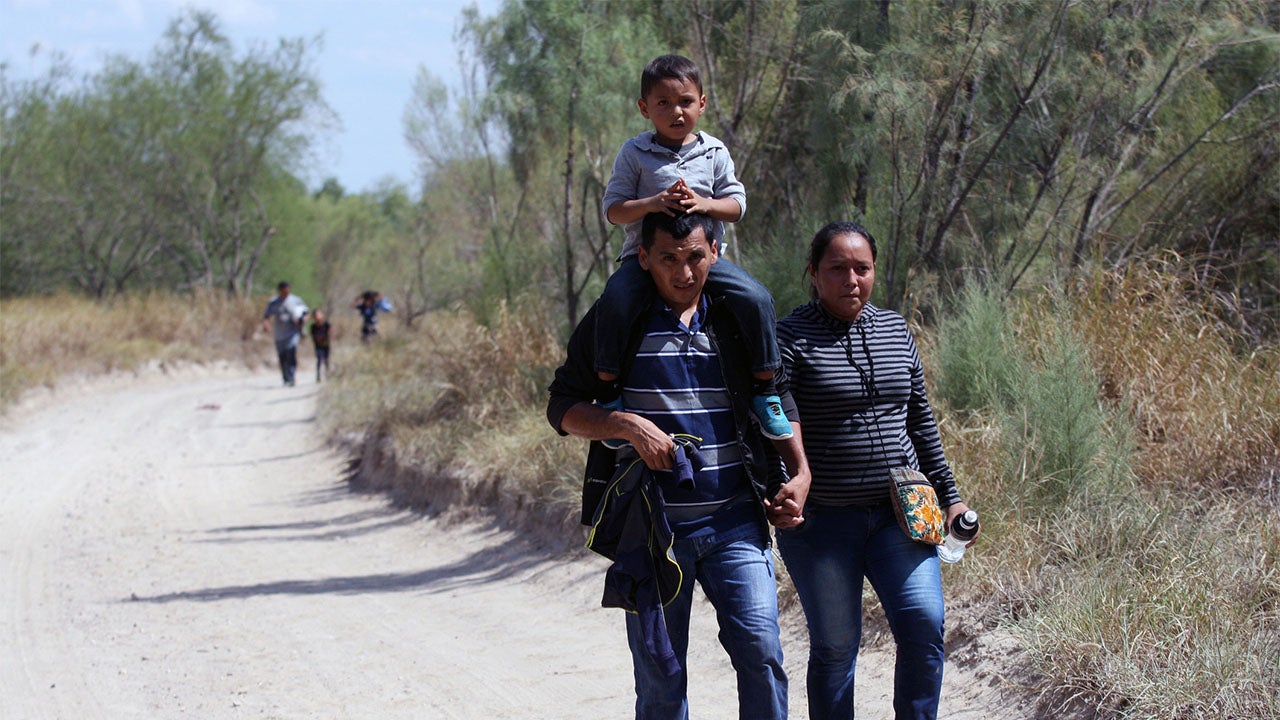Brayden “Sonny” White was named a Champion for Change in 2016 by the Center for Native American Youth (CNAY) in recognition of his work to promote suicide prevention among Indigenous youth. Sonny founded Helping Hands, an initiative that trains Crisis Mediators to spot and respond to signs of suicide in Indigenous communities. Sonny is a citizen of the St. Regis Mohawk Tribe and co-chair of CNAY’s Youth Advisory Board.
I have been following the ongoing events regarding the separation of migrant families, and how children were being put into detention camps and in cages. There has been much discussion in my community regarding these events because they are reminiscent of the times of the Residential Schools and the Sixties Scoop in Canada.
Being from Akwesasne, where my Nation stretches into Canada, our Elders were a part of the Residential School system — in which Indigenous children were forcibly sent to boarding schools to assimilate them into Euro-Canadian culture — and the Sixties Scoop — a policy of removing Native children from their families to be put into foster care or up for adoption by white families toward the same end. I have heard numerous accounts of our Elders running down Highway 401 or the railroad tracks after escaping the Residential Schools, trying to get home. The effects these policies had, not just on my community but numerous other First Nations, were severe. They caused our Elders to develop PTSD and PTSD-related symptoms. It also caused them to restrict the language and culture in fear of their children or grandchildren being sent to Residential Schools. The idea was if the children and grandchildren didn’t know the language and culture, they might avoid the beatings that resulted from speaking the language.
There were accounts where First Nations youth in residential schools didn’t know English and were beaten for only speaking their mother tongue. I find it similar to the account of a young Guatemalan girl in today’s detention centers who only knew her native tongue, saw other youth getting hollered at and began to isolate herself in the corner of the cage. The workers thought she couldn’t speak at all, but she simply didn’t know Spanish and was fearful after seeing how others were treated.
Many Elders have experienced a disconnect with their emotions due to not being shown compassion and a nurturing environment as a child. I once heard a story from a Cree Chief who recalled his grandchildren asking him why he never says, “I love you.” It brought him to the realization that, all these years later, the effects of his childhood trauma were still present.
Residential Schools tore families apart. A sister and brother in my community went to the same Residential School, but never saw each other. When the sister returned to Akwesasne, she couldn’t find her brother anywhere and began searching. She eventually found him, and although he knew he was First Nations, he never learned where he was from and what little knowledge of his community he’d had was wiped away by the school. I read another account where young people returned home and were ashamed to be First Nations because they were taught in Residential Schools that First Nations people were “uncivilized” and “not human.”
Something else I always mention about Residential Schools is the effect they had upon the young girls who were forced to attend. I was having a long discussion with a medical professor and we talked about how trauma can alter the DNA structure. It’s a process known as transgenerational trauma — a survivor of trauma can pass it along to their children or even grandchildren. That means that if a traumatized mother is carrying a daughter, she is also in a sense carrying her grandchild, and that trauma transfers.
As philosopher George Santayana wrote, “Those who cannot remember the past are condemned to repeat it.” America has a lengthy rap sheet of atrocities committed against Indigenous people, whether it is the genocide that committed through disease, malnutrition, land dispossession, or Residential Schools. My community knows the effects of separating children from their families — effects that can last long beyond a single generation.


